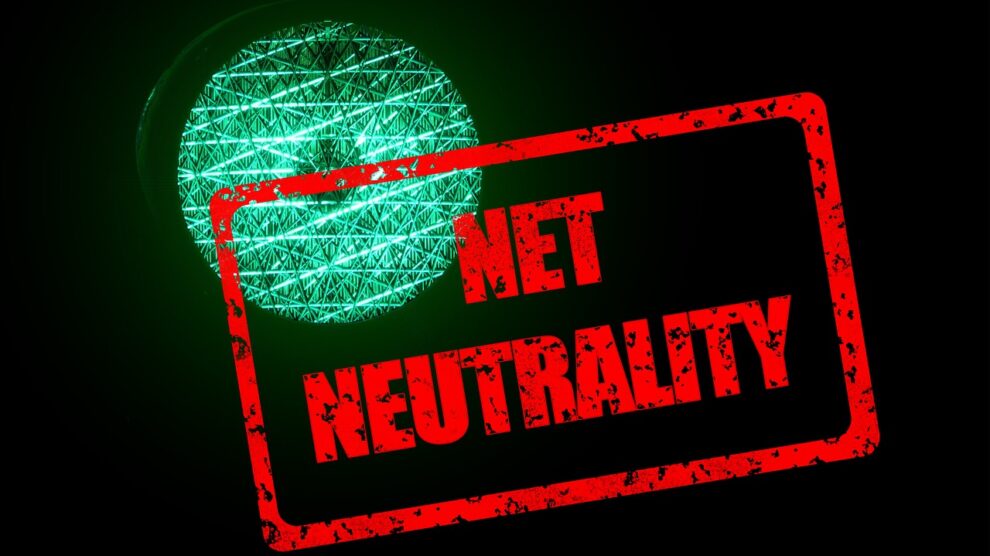Net neutrality is the principle that internet service providers (ISPs) should treat all data on the internet equally and not discriminate or charge differently by user, website, content type, platform, application, or method of communication. This means that ISPs cannot prioritize or slow down certain websites or services based on their own interests or those of their partners. In other words, net neutrality ensures a level playing field for all internet users and promotes innovation, competition, and free expression online.
However, the issue of net neutrality has been a controversial one for many years, with ISPs arguing that they should have the right to manage their networks as they see fit and to offer different tiers of service to customers who are willing to pay more. On the other hand, net neutrality advocates argue that allowing ISPs to control and manipulate internet traffic would create a two-tiered system that favors the wealthy and powerful, stifles innovation and competition, and threatens free speech and privacy.
The debate over net neutrality came to a head in 2017 when the Federal Communications Commission (FCC) under the Trump administration voted to repeal the Open Internet Order, which had been put in place during the Obama administration to enforce net neutrality rules. The repeal of net neutrality was a major victory for ISPs such as Comcast, AT&T, and Verizon, who had lobbied heavily for it, but was widely criticized by consumer advocacy groups, tech companies, and internet users who feared the consequences of a world without net neutrality.
In the years since the repeal of net neutrality, several states have passed their own net neutrality laws or executive orders, and several lawsuits have been filed challenging the FCC’s decision. However, the legal battles have been complicated and uncertain, and the issue of net neutrality has remained a contentious one.
Recently, there have been several developments in the ongoing fight for net neutrality. In December 2020, the Federal Communications Commission (FCC) under the Biden administration announced that it would begin the process of reinstating net neutrality rules, a move that was widely praised by net neutrality advocates.
The FCC’s new chair, Jessica Rosenworcel, has been a vocal supporter of net neutrality and has argued that it is essential to protect the open internet and promote competition and innovation. In a statement, Rosenworcel said that “the open internet is essential to free expression, civic engagement, and economic opportunity, and it must be protected by the FCC.”
However, the process of reinstating net neutrality rules is likely to be a long and complex one. The FCC will need to go through a formal rulemaking process, which includes seeking public comment and conducting economic and legal analyses, before it can adopt new net neutrality rules. The process could take several months or even years, and there is likely to be opposition from ISPs and their allies who argue that net neutrality is unnecessary and harmful.
In addition to the FCC’s efforts to restore net neutrality, there have been other recent developments in the fight for an open internet. In March 2021, the House of Representatives passed the Save the Internet Act, which would restore the net neutrality rules that were repealed by the FCC in 2017. The bill has not yet been taken up by the Senate, where it faces an uncertain future.
In April 2021, a federal appeals court upheld a California law that prohibits ISPs from blocking or throttling internet traffic or charging higher fees for faster service. The court’s decision was a victory for net neutrality advocates and could set a precedent for other states to enact their own net neutrality laws.
Despite these recent developments, the fight for net neutrality is far from over. ISPs and their allies are likely to continue to push for deregulation and oppose any efforts to restore net neutrality rules. Net neutrality advocates will need to remain vigilant and continue to advocate for an open internet that promotes innovation and competition.





